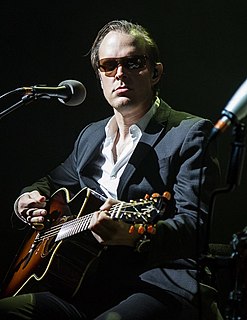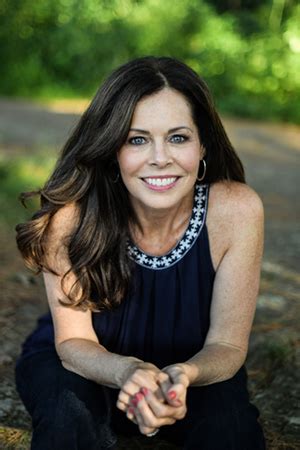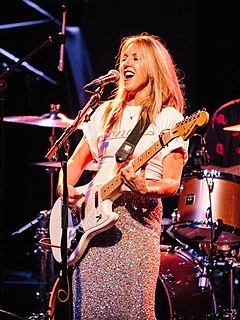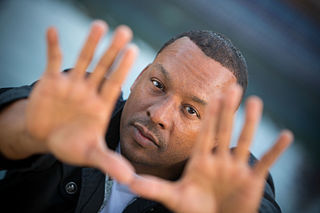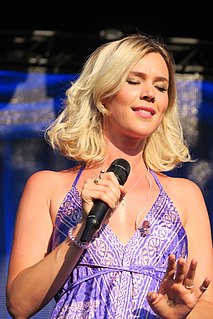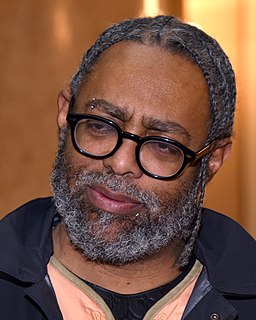A Quote by Joe Bonamassa
My goal for 'Black Rock' was pretty simple: I wanted to make the feel-good record of the summer.
Related Quotes
Ego brings unnatural desires in you; it drives you crazy. Life is simple, but to be simple one has to be purposeless. Any goal, and you can`t be simple. Any goal and you can`t be herenow. Any goal and the desire will rock you. Any goal, and you are on the way, again moving - you cannot enjoy this moment, the grace of this moment, the benediction of herenow.
I wanted to make sure the focus [in The Land] was on human beings themselves and their decisions, but still connected to the urban environment that people associate as being black. I think I was able to make a film without commenting on "black this or black that" and you still feel the presence of it. There's no one character who's saying "we're all black and we're all in this struggle." It's that you just feel it. Some of that is because we get the sense from a lot of independent films that black people struggle all the time.
I didn't worry about my career ending, but there were days where I felt pretty beat up by it all and just pretty tired, because they didn't make it easy for me. And coming right off the last lawsuit, it was the last thing I wanted to get involved in. When it was over, we didn't really celebrate, we were just exhausted. I lost all interest in the record business and never wanted to do anything except hand in a record again.
Being a black filmmaker, one of the things I wanted to do with the movie is make sure I told it from a different perspective. I wanted to take myself out of it as a black male. I wanted to look at this movie through the eyes of Tully, to understand what he was thinking, and feel what he was feeling as much as I could.
I absolutely love what I do. And I want to dance for as long as I can and feel good about what I'm putting out there on the stage. But my goal has always been to be a principal dancer with ABT. Before I knew that there had never been a black woman, that was always my goal. I wanted to dance Odette-Odile and Kitri and "Don Quixote" and Aurora in "Sleeping Beauty." So that's still my goal. But knowing that it's never been done before, I think makes me fight even harder.
I try to make music with emotion and integrity. And authenticity. You can feel when something's authentic, and you can feel when it's not: you know when someone's trying to make the club record, or trying to make the girl record, or trying to make the thug record. It's none of that. It's just my emotions.
It wasn't just like, "I want to make a record that sounds like classic rock" at all. It was more like, "I want to make a record that is a little more unsettling and maybe isn't as easily understood now." That just seemed more important, like, for me to make as an artist, than it was to make something to make people feel safe right away.
